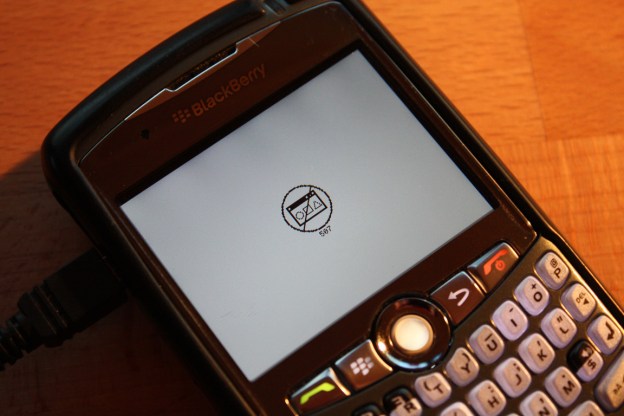 An exclusive report from BGR says that RIM is issuing defective BlackBerry handsets to carriers. A “trusted source” reveals that the manufacturer has been able to twist a few arms and convince several carrier companies to approve and sell phones that don’t meet Technical Acceptance standards. Normally, manufacturers test their mobile firmware followed by a carriers’ own round of review. Then the carriers decide whether to approve or reject the OS software.
An exclusive report from BGR says that RIM is issuing defective BlackBerry handsets to carriers. A “trusted source” reveals that the manufacturer has been able to twist a few arms and convince several carrier companies to approve and sell phones that don’t meet Technical Acceptance standards. Normally, manufacturers test their mobile firmware followed by a carriers’ own round of review. Then the carriers decide whether to approve or reject the OS software.
RIM is taking matters into its own hands by “putting an enormous amount of pressure on carriers” to let the next few BlackBerry handsets fly through the testing phase without a thorough up-and-down. Devices including the BlackBerry Bold 9900 (which is already been delayed until late August or early September) are supposedly being accepted despite any software glitches, and it’s being reported that RIM’s own engineers will be forcefully pushing unfinished OS builds onto carriers. Apparently this shouldn’t be such a huge shock because it’s somewhat standard practice for RIM: The brand’s penchant for handing over half-baked product could be behind BlackBerry’s notorious buggy software and random rebooting.
It was recently reported that RIM would miss upcoming product launch deadlines, and also be pushing back the release of any smartphones running its QNX operating system until the second half of 2012. The company is under considerable pressure, and while it seems outrageous and anti-consumer to think such a legacy manufacturer would put insufficient products on shelves, its declining market share, shaken investor confidence, and underwhelming performance this year could be behind these tactics.
While BGR reports it’s buggy phone OS builds that RIM’s been peddling, some of the problems plaguing the PlayBook also raise a few eyebrows. 1,000 faulty BlackBerry PlayBooks had to be recalled last month, and in April Verizon was wary of selling the tablet. Carrier distrust doesn’t necessarily mean a product is buggy, but given the current rumors surrounding RIM, it doesn’t inspire confidence.
Editors' Recommendations
- BlackBerry trailer depicts the rise and fall of the iconic phone
- BlackBerry is better off dead
- A new BlackBerry with a keyboard is still on the schedule for 2022
- BlackBerry rises from the grave: New 5G phone with a keyboard coming in 2021
- TCL won’t make BlackBerry phones anymore, sending the brand back into limbo

